How marketing their performance taught two students valuable skills
In 1899, Shakespeare was taken from stage to screen for the very first time. A four-minute, silent version of King John was screened in Victorian London, directed by Herbert Beerbohm Tree. Only one minute of the footage has been preserved since then – and thanks to the wonders of the internet, you can watch it here on YouTube.
Imagine what Herbert Beerbohm Tree would have said, had he known that it in a little more than a hundred years’ time, it would be possible to create a film more complex, technical and colourful than his wildest dreams – and to do it using the phone you carry in your pocket every day.
Now putting Shakespeare on film is easier than ever, and Coram Shakespeare Schools Foundation is here to make it happen in your school. Whether you’re a seasoned pro at film-making and video-editing, or whether you’ve only ever hit the record button on a camera by accident, we’ll give you all the tips and tricks you need to create something that looks stunning on the big screen.
Year after year, we see what a profound impact a strong arts education can have. A 2016 study by the Impact and Evaluation arm of our parent organisation, Coram, looked into the effects of arts education on vulnerable young people, particularly those with experiences of the care system. Collating results from a range of studies, they found that positive benefits of taking part in creative arts programmes included:
- increased confidence & self-esteem
- emotional resilience
- building & maintaining networks
- exploring new experiences
We can help you put the arts at the heart of your recovery curriculum, rebuilding resilience, confidence, and mental health and wellbeing. Our projects have a long-term impact on the school communities with whom we work – schools who take part in multiple projects are able to become Shakespeare Schools, with a special accreditation from us, and exclusive access to talks, events and resources.
Kevan Collins, the newly appointed Education Recovery Commissioner and former head of the Education Endowment Foundation, speaking recently at the Schools North East Curriculum Conference tabled the idea of ‘potentially “extending” the “educational experience” to make more time for children to do a wider range of activities, such as volunteering, sport, art and drama.’ His comments make it clear that drama and the arts will be integral to allowing young people to process their lockdown experience – not just an add-on or an afterthought. Start your film-making journey now, by signing up here – or request more information from one of our friendly team here.

